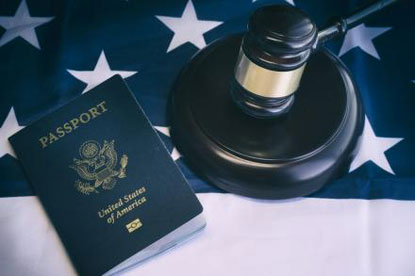Law students in Ontario are claiming they have had to pay an increase in fees in order to become a lawyer, according to the CBC News.
A series of fees must be paid to the Law Society of Upper Canada by common law students in Ontario if they want to receive post-graduation mandatory training and also take the bar exam.
Students said they were expecting to pay just over $2,600 in fees based on the fees the 2013 graduating class paid. Those students said that they received bills for $5,000, an increase of more than 79 percent.
“It’s something that’s on everybody’s lips right now,” said Eva Lane. Lane is a third-year student at the University of Ottawa. “We’re all pretty angry, a little bit surprised … we owe a lot of money right now, it’s our last semester and all of a sudden we get this big invoice.”
Sherif Rizk, the president of the University of Ottawa’s Common Law Student Society, said, “The shock is more of like a sticker shock, you know the price is going to go up but you’re surprised at how much it’s going to go up by. It kind of leaves a bitter taste in your mouth on your way out of law school.”
Lawyers in Ontario are regulated by the Law Society of Upper Canada (LSUC). It said the increase in fees is due to a new alternate training program. The previous method, and only one, was for students to article at a law firm for 10 months.
Beginning in September, a pilot program will begin called the legal practice program, or LPP. Students will be given four months of training, followed by four months of work at a law firm.
“The need for change, and the need for an alternative pathway to licensing, has been the subject of discussion and consultation since 2011. Articling as the single, stand-alone pathway to licensing was no longer viable,” a statement from the LSUC said.
“The Law Society’s Articling Task Force recommended the creation of an additional pathway, as well as changes to articling, and has from the beginning noted that a fee increase would be necessary to cover the costs of enhancements to the articling program, as well as the introduction of the Law Practice Program.”
The pilot LPP project will operate at Ryerson University for English students and the University of Ottawa for French students for three years beginning in September.
“(Fees) aren’t the only way to control the entrance to the profession, there are a lot of different ways you can make different requirements … I think if the only burden in order to enter the profession is financial, you may not be getting the full picture of who you want in the profession.” said Rizk.
“There are a lot of people who can do a lot of great things in the legal profession, they’re very passionate advocates for a lot of different causes, but if you put a financial burden on them that they simply can’t meet, you’re denying them entry.”

































